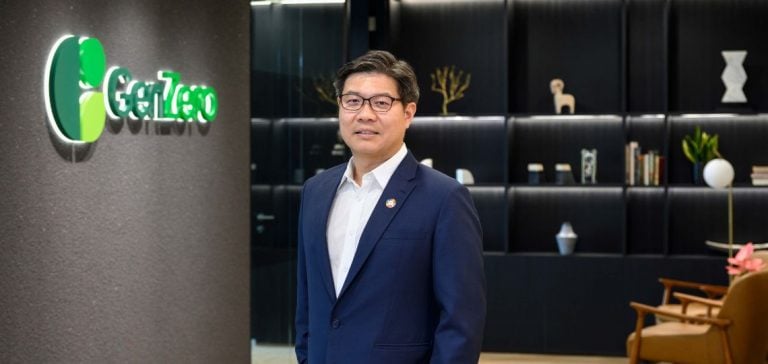Paris Agreement: GenZero Highlights Challenges in Achieving the 1.5°C Target
Meeting the Paris Agreement’s goal of limiting the global temperature increase to 1.5 degrees Celsius this century is becoming increasingly challenging, according to Frederick Teo, CEO of GenZero, during the launch of the report titled “Asia Pacific’s Energy Transition Outlook.”
GenZero, the decarbonization investment platform of Singapore’s state investment company Temasek, emphasized that this target is particularly difficult to achieve due to the lack of near-term signals to catalyze sufficient capital toward essential frontier technologies for energy transition. This inability to mobilize investments must be addressed at the upcoming United Nations Climate Change Conference, COP29, in Baku, Azerbaijan, widely recognized as a finance COP. Policymakers need to create incentives and provide more debt financing opportunities for new decarbonization technologies, he stressed.
Teo explained that if governments, for example, through proactive regulation to mandate the use of certain new solutions, or by themselves being consumers of some of these solutions, can offer private investors and companies greater confidence to invest in these new solutions ahead of time, even when the purely economic aspect does not suggest it.
The report, jointly published by GenZero and BloombergNEF, developed a net-zero scenario, assuming that all essential decarbonization technologies will scale up at an optimistic pace, from lower-hanging fruits such as solar photovoltaic (PV) and electric vehicles (EVs) to higher-hanging fruits like technology-based carbon capture and hydrogen. In this scenario, net-zero emissions could be achieved globally by 2050.
Realizing this scenario requires Asia-Pacific countries to increase their solar and wind generation capacities by about tenfold between 2023 and 2050. Battery storage capacity and power grid transmission length must also scale up rapidly to accommodate the rapidly growing renewable capacities.
By 2050, the demand for hydrogen and sustainable aviation fuel must also increase significantly, by 5.3 times and 1,221.9 times their 2023 levels, respectively. In comparison, the baseline or most likely scenario forecasts that hydrogen demand will only increase to 1.8 times and sustainable aviation fuel demand will only increase to 66.7 times the 2023 levels.
To stay on track for the net-zero target, the report also calls for a complete phase-out of unabated coal-fired power plants, adding that carbon capture and storage capacity needs to reach 5.4 gigatons by 2050.
In the near term, the Asia-Pacific region will need to triple annual investments in these technologies, reaching $2.3 trillion between 2024 and 2030, according to the report. However, even if the ambitious net-zero scenario can be achieved, it will only manage to keep the global temperature increase within 1.75 degrees Celsius, the report revealed.






















